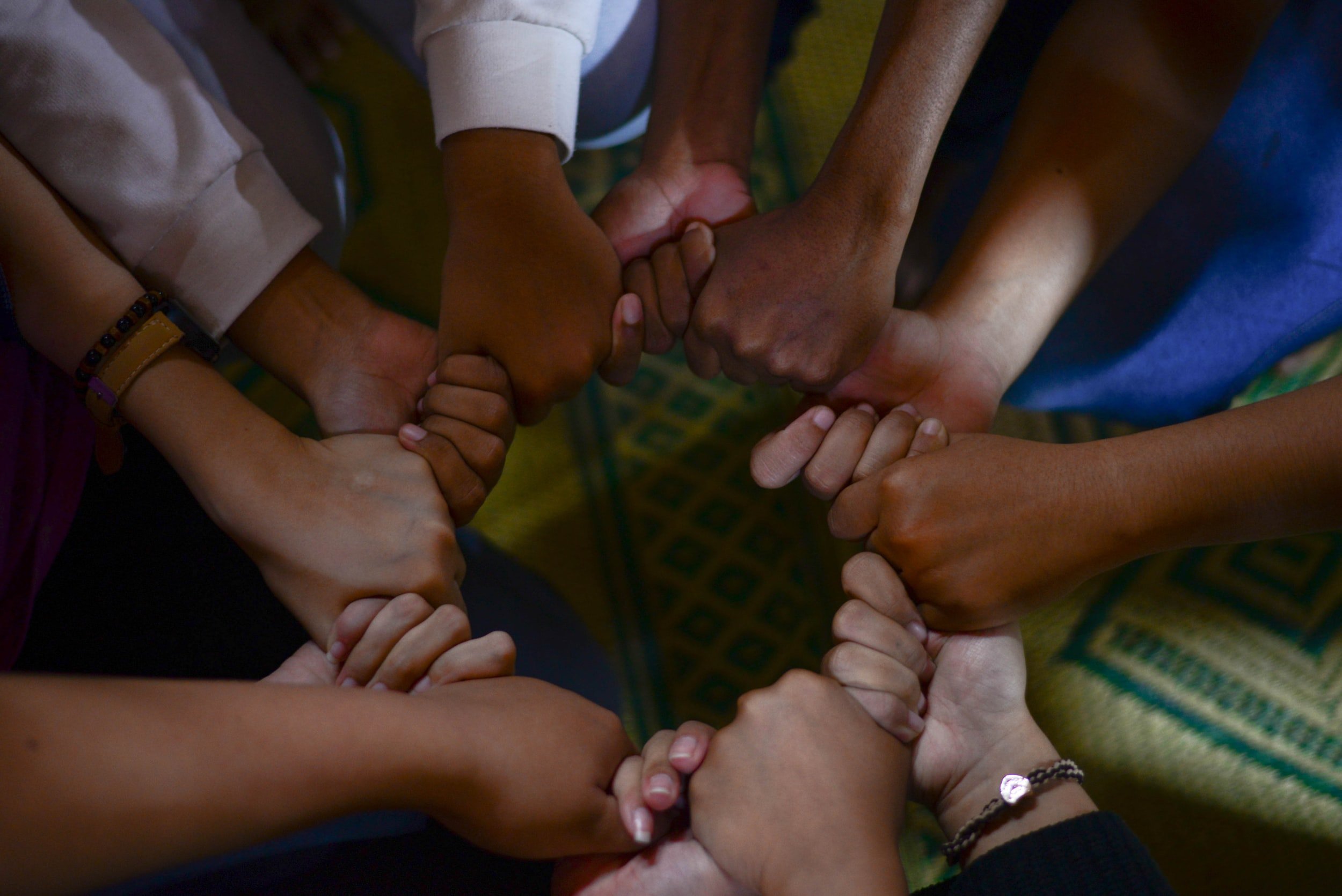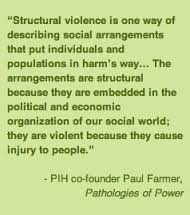I recently read this quote from Desmond Tutu in Victor Chan’s book The Wisdom of Forgiveness. It was written,
In our country, we speak of something called ubuuntu. When I want to praise you, the highest praise I can give you is to say, you have ubuuntu — this person has what it takes to be a human being. This is a person who recognizes that he exists only because others exist: a person is a person through other persons. When we say you have ubuuntu, we mean that you are gentle, you are compassionate, you are hospitable, you want to share, and you care about the welfare of others. This is because my humanity is caught up in your humanity. So when I dehumanize others, whether I like it or not, inexorably, I dehumanize myself. For we can only by human, we can only be free, together. To forgive is actually the best form of self-interest.
Forgiveness, is not about what you do for others, it is the willingness to help yourself become the best person you can be.
Read moreThe last few days I have had some
time, maybe too much time, to think about all the injustice in our world and
the inhumane ways we treat each other. In the last few weeks, a number of
people have lost their lives due to urban violence, people have put off needed
surgeries because they cannot afford the deductibles, and this morning the
Supreme Court gutted the Voters Right Act, leaving the door open for
legislation, which would prohibit the rights of all Americans to vote. Each of these acts, as well as others, is
related in that they are all forms of structural violence.
One need not look further then the local television
station, newspaper, or internet provider for examples of physical, emotional,
and mental violence. The one form of violence not discussed is structural
violence.
Read moreLast
week, I ended by asking how we use our status in the world to create a more humane world.
How do we, consciously or unconsciously, contribute to the inhumanity in the
world? How do we try to avoid and deny responsibility for our place in creating
a more humane world for all of humanity?
We
have this tendency in our culture to blame people for not having achieved as
much or done as well as others. We see things at an individual level and rarely
look at the systemic forces that make it more difficult for some to achieve or
have access to what seems within the grasp of others. Rather than be willing to
critically look at these issues and the ways they are embedded within larger
institutions and systems of injustice and inequality, people tend to try to get
off the hook by denying and/or minimizing the situation or blaming the
situation on the “victim.”
Read moreFor
the last 26 weeks, I have been working my way through the alphabet one letter
at a time. It was not until I went to sit down and write again this week that I
realized there are no letters after Z. Blogging my way through the alphabet had
been challenging in some ways, especially towards the end of the alphabet,
however, since being done I realized I had become conditioned to focusing on words
associated with letters. This week, I moved back to the thoughts that have been
floating around in my brain.
As
I was working on my piece on humanity for this month’s newsletter, I found
myself frustrated because I wanted to talk about some of that which has
contributed to the inhumanity in the world. Over the next few weeks, I am going
to continue to reflect on humanity and inhumanity and ask we each reflect on
how we can be more humane in our lives with regard to the issues raised.
Read more







